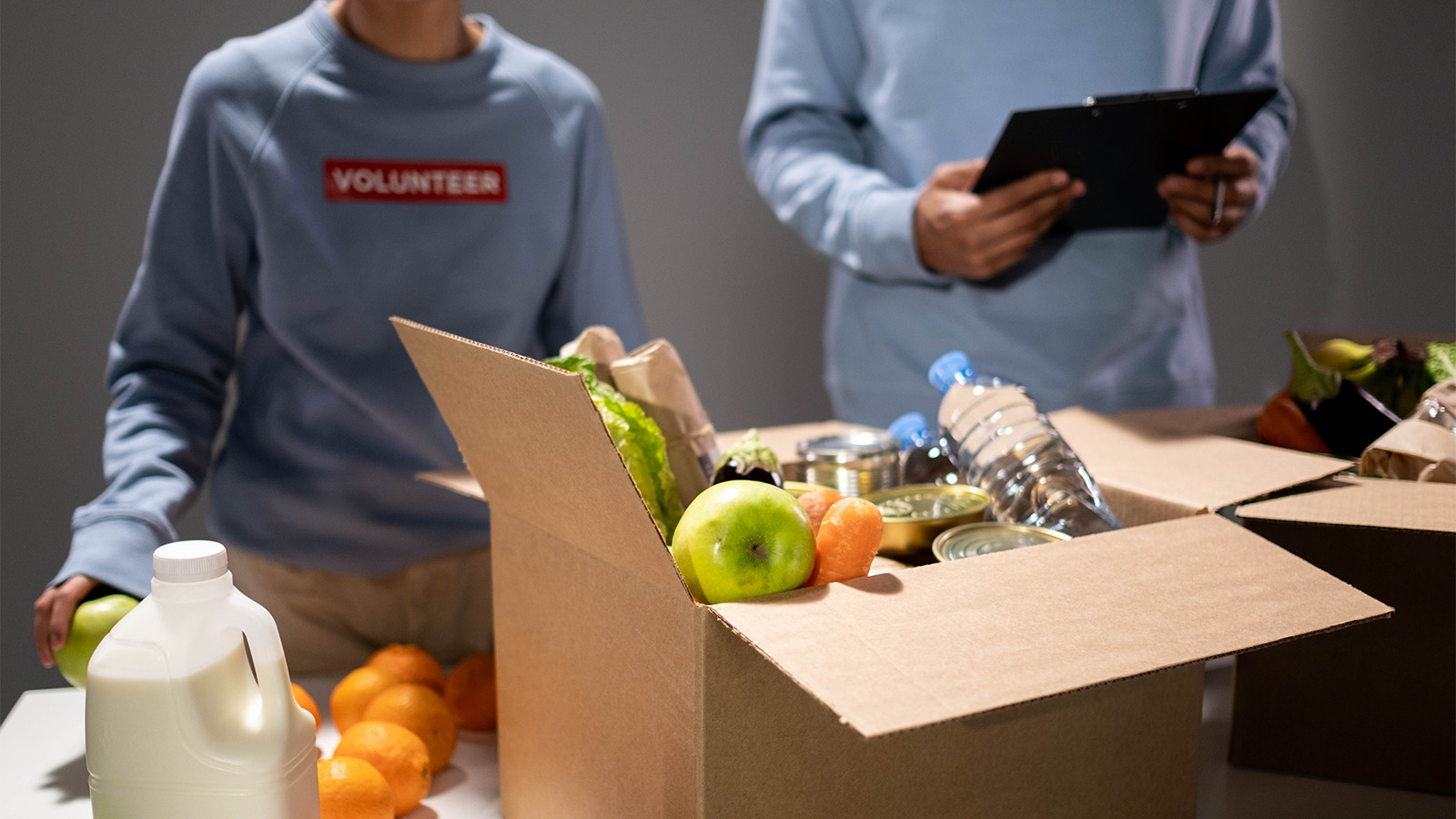If you have been in a grocery store in the past year, you are well aware of the rising cost of food across Ontario. According to Statistics Canada, as of January 2023, food prices have risen 11.4% over the previous year, almost double the overall rate of inflation. Several economic factors have contributed to this increase, including worldwide inflation, Covid-19, the war in Ukraine and climate catastrophes.
As well, Canada’s grocery retail chain is highly concentrated with only five large retailers controlling over 80% of it. There are calls for these grocery chains to explain their rising profits. The contributing factors to higher food prices are complex, but at the end of the day, how do we ensure that all Canadians can access the healthy food they need for themselves and for their families? According to Statistics Canada, 5.8 million Canadians were living in food-insecure households in 2021, and that number is expected to rise. It’s predicted that there will be a 60% increase in food bank demand in 2023.
Across the world, the numbers are staggering. The World Food Programme estimates that 345.2 million people around the world will be food insecure in 2023, more than double the number estimated in 2020. There are some potential solutions on the horizon. There have been efforts by the Government of Canada to develop the first-ever Grocery Code of Conduct. The goal is that the Code will make Canada’s food supply chain more resilient, by enhancing transparency, predictability, and fair dealing, ultimately benefitting the agri-food industry, as well as consumers.
Investors are also being encouraged to conduct due diligence with investee grocery retailers to ensure that financial gain is not taking priority over the long-term consequences of high food inflation. According to the Responsible Investment Association, this includes calls for more transparent financial disclosures, commitment to living wage policies and human rights due diligence practices. At Kindred, we are supporting food security both locally and abroad:
We wish our members, staff, and community partners a very happy Thanksgiving!
As well, Canada’s grocery retail chain is highly concentrated with only five large retailers controlling over 80% of it. There are calls for these grocery chains to explain their rising profits. The contributing factors to higher food prices are complex, but at the end of the day, how do we ensure that all Canadians can access the healthy food they need for themselves and for their families? According to Statistics Canada, 5.8 million Canadians were living in food-insecure households in 2021, and that number is expected to rise. It’s predicted that there will be a 60% increase in food bank demand in 2023.
Across the world, the numbers are staggering. The World Food Programme estimates that 345.2 million people around the world will be food insecure in 2023, more than double the number estimated in 2020. There are some potential solutions on the horizon. There have been efforts by the Government of Canada to develop the first-ever Grocery Code of Conduct. The goal is that the Code will make Canada’s food supply chain more resilient, by enhancing transparency, predictability, and fair dealing, ultimately benefitting the agri-food industry, as well as consumers.
Investors are also being encouraged to conduct due diligence with investee grocery retailers to ensure that financial gain is not taking priority over the long-term consequences of high food inflation. According to the Responsible Investment Association, this includes calls for more transparent financial disclosures, commitment to living wage policies and human rights due diligence practices. At Kindred, we are supporting food security both locally and abroad:
- One of the 3 focus areas of the Kindred Charitable Fund is community food security. Several of the $85,000 worth of grants approved in 2023 supported organizations working to directly impact community food security, such as the Cambridge Food Bank, Southwestern Ontario Gleaners, and A Rocha. Applications for the Kindred Charitable Fund are open from October 1-31, 2023.
- Kindred has partnered with organizations impacting food security on a provincial, national, and international scale such as Canadian Foodgrains Bank, and the Christian Farmers Federation of Ontario.
- Kindred maintains a partnership with Mennonite Economic Development Associates (MEDA) through a $600,000 invested loan in MEDA Risk Capital Fund. The objective of the fund is to support MEDA’s mission by investing in promising companies and private equity funds, which benefit poor communities while having a high likelihood of financial success. The fund has several investments in microfinance institutions and strategically supports the economic, environmental, and governance development of communities in emerging and developing countries.
- Kindred’s Community Inspiration GIC allows investors an option to support a congregation or charity with “bonus interest” (really, a donation from Kindred) that can be directed to projects that support community food security, among other focus areas. The member still has a competitive investment and the congregation or charity benefits as well.
- Kindred is organizing a Fall Food Drive in the month of November at all 8 of our branches. Members and staff are encouraged to take part. Keep an eye on our website and our social media channels for more details, or sign up for emails to learn more.
We wish our members, staff, and community partners a very happy Thanksgiving!

